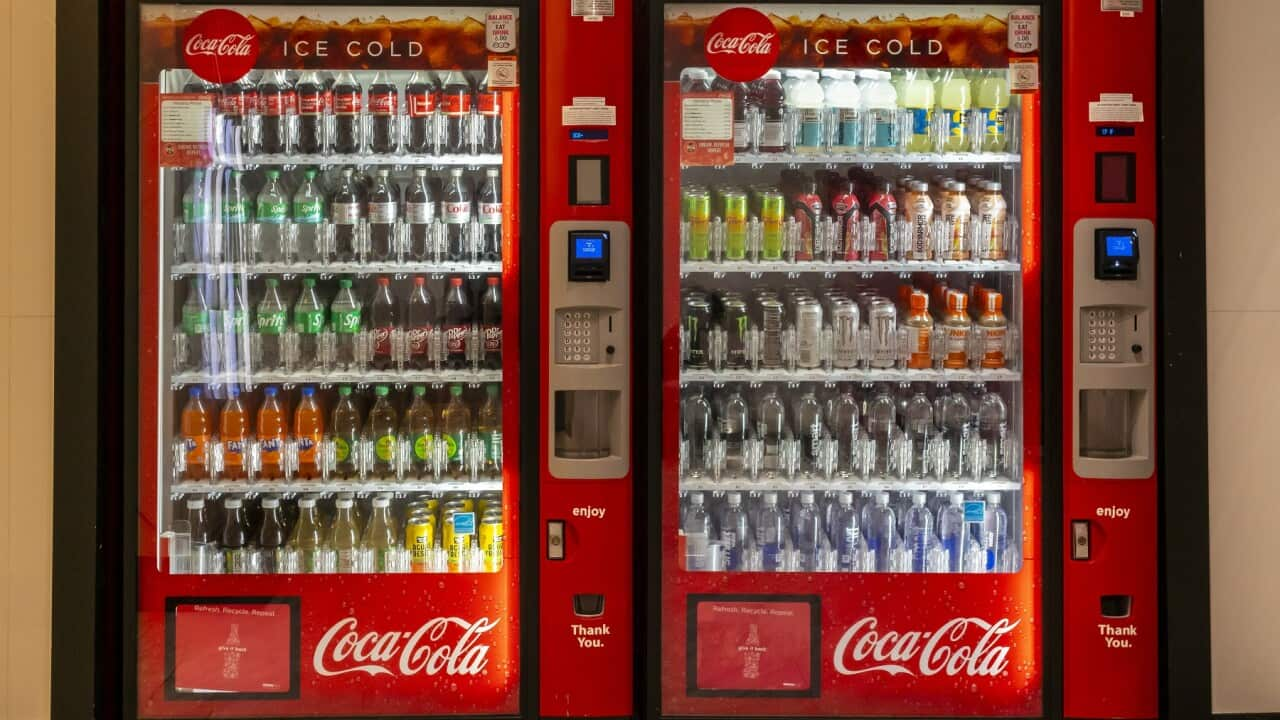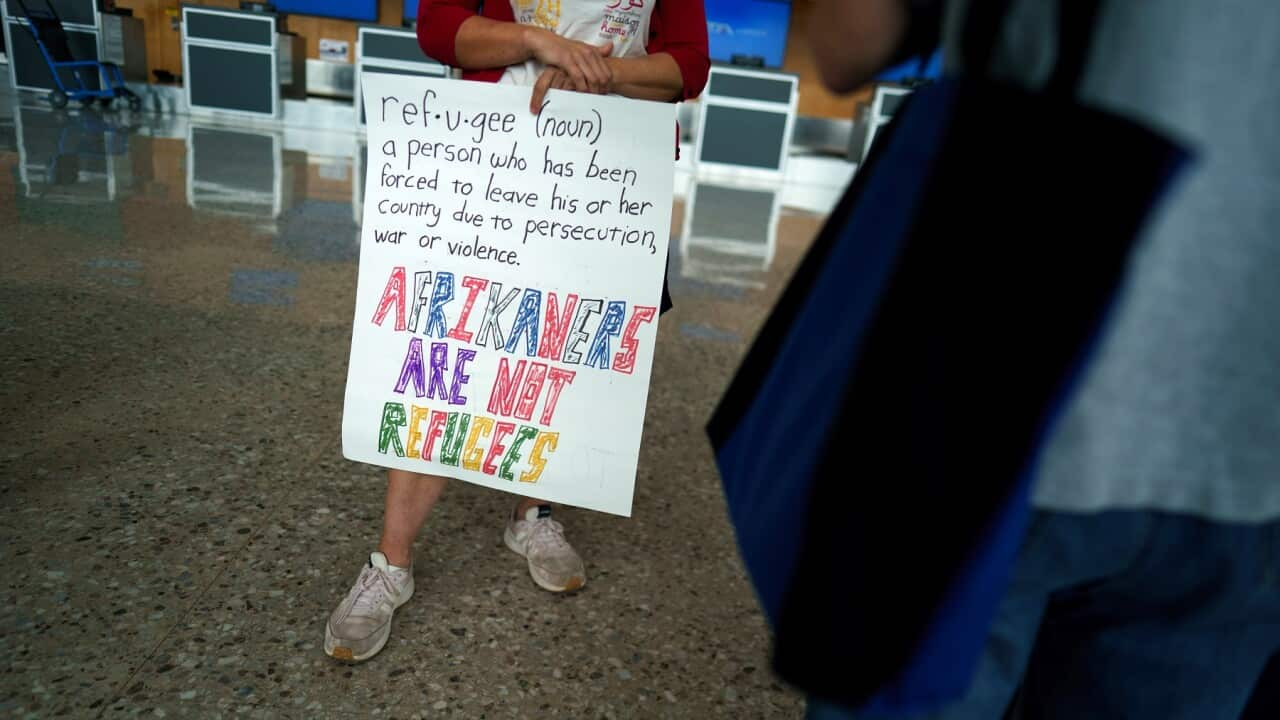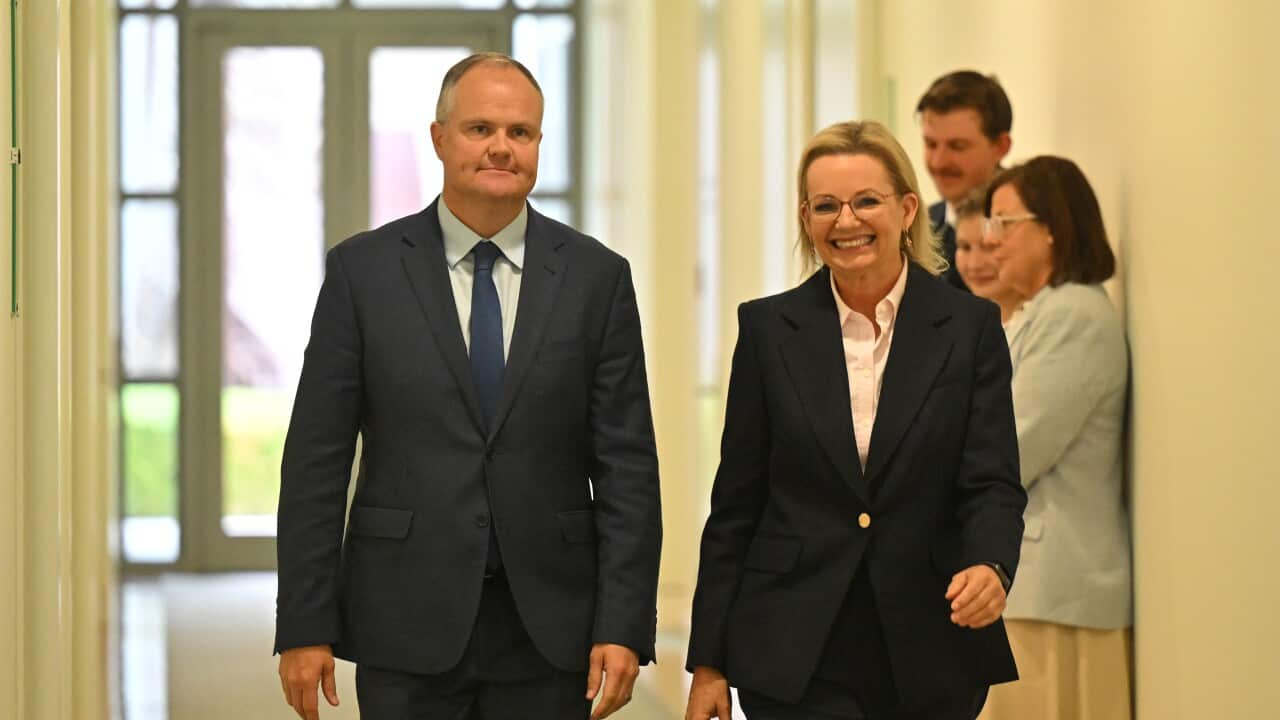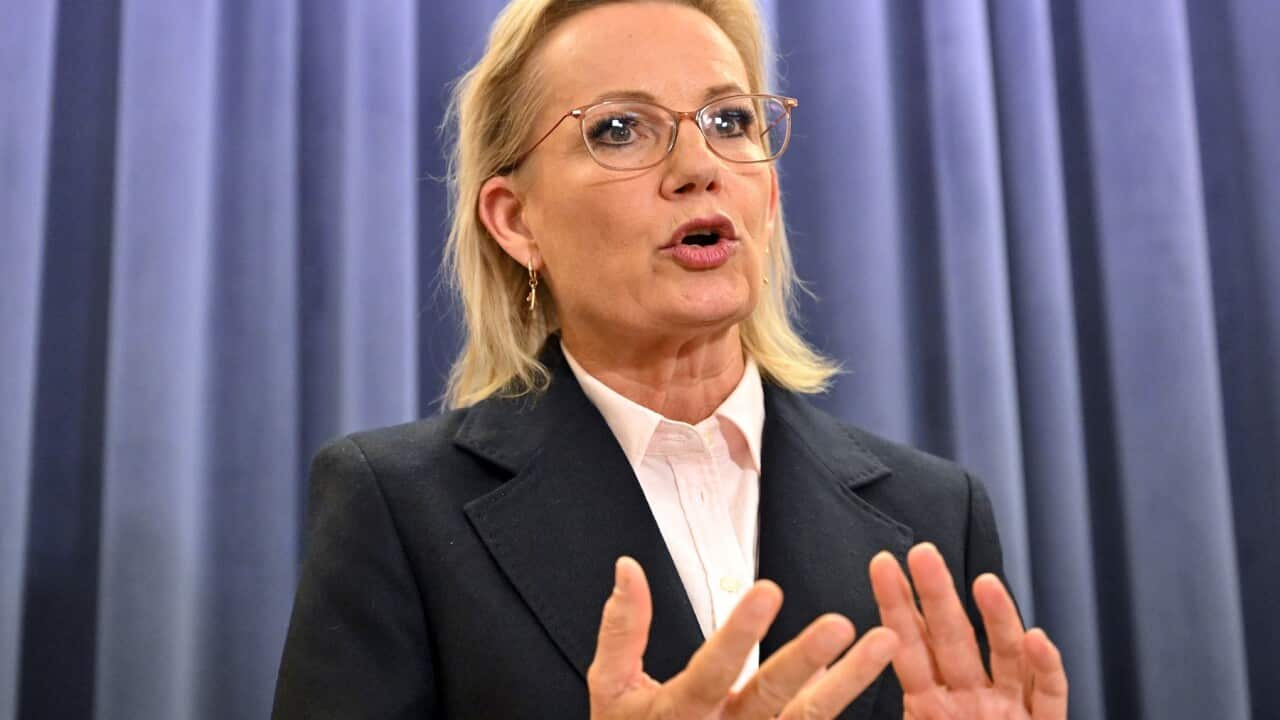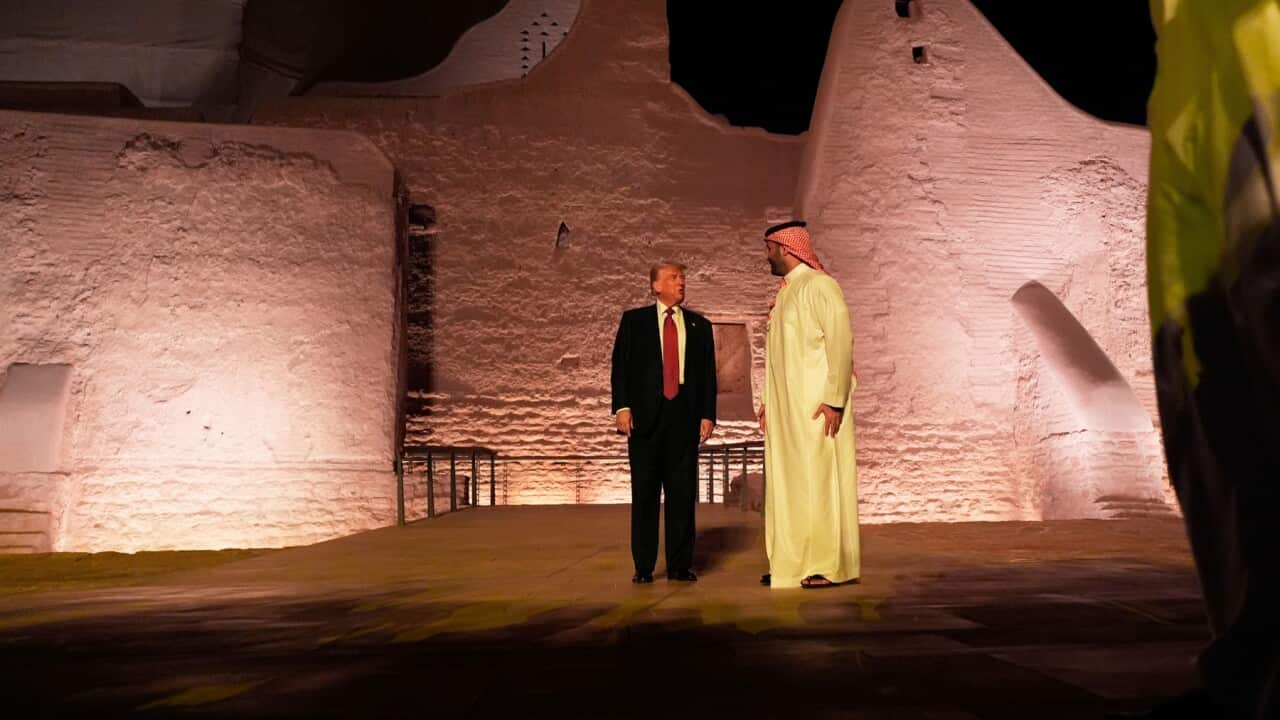TRANSCRIPT
The conflict in the Middle East has touched many different aspects of life all over the world since it re-ignited last October.
One of the most significant- and controversial- has been its economic impact.
Naturally, one of the places this is being felt most is in the Middle East and Arab world itself- but occasionally, from unlikely sources.
One might not always think of drinking a can of cola as a political act.
But for many people in the Middle East supporting the Palestinian cause, it is.
They're boycotting the two big cola brands- Coca-Cola and Pepsi.
The boycott is for two, somewhat intertwined, reasons.
One is accusations that Coca-Cola and Pepsi, amongst other big global brands, fund the Israeli military in some way- accusations both conglomerates deny.
The second is a perception that these big American brands are representative of the United States- Israel's biggest ally, and the supplier of many of its armaments in the war.
One consumer in the Qatari capital, Doha, is Malik Al Hassan.
He says he sees this boycott as his duty.
Arabic, then translated “This is a duty for all of us as an Arab nation, as Muslims and as any human being who calls for freedom - we must boycott because these companies support the Zionist entity in a big way. And this entity, of course, we saw what they did to our brothers in Gaza and to our Palestinian brothers.”
So, if not Coca-Cola or Pepsi, what to drink?
The answer for many is locally-made colas and soft drinks.
Mohamed Nour is an Egyptian man- and former longtime Coca-Cola executive until 2020- who founded a company named V-7 Cola, now sold in 21 countries.
Arabic, then translated “We started working on the product in July 2021, we spent around a year and two months in research and development. We launched in September or October 2023 in the Egyptian market. We started during the first two months only with exports - then we entered the Egyptian market. Thank God, the products were well-received by consumers, especially that it entered the market during the Gaza War, so this had an effect. We are originally a business relying on exports, when we found that the Egyptian market is welcoming the products, thank God, we continued in it.”
Mr Nour says his sales figures show Egyptians in particular are taking to his drink.
Arabic, then translated “If we compare the ratios between the first six months of the last year to the first six months of this year, we’ve expanded in the local market around 40 percent and in the export market from 300 to 350 percent, thank God.”
It's a similar story in other places in the Arab world, and sometimes beyond.
In Qatar, the Abu Issa company manufactures a line of soft drinks and similar products named Kinza, which is sold in Qatar, Jordan, and Saudi Arabia, amongst other places.
A senior vice president at the company, Fawaz Idrissi, says Kinza has already beaten one of the global giants, and is closing in on the other.
“So, in terms of sales and market share, 'Kinza' has taken over from 'Coke', which was the second leader after 'Pepsi', and we are getting close to the 'Pepsi' market share.”
In Pakistan, an alternative brand called Cola Next claims its factories can't keep up with demand for its product.
And a leading delivery app in that country, Krave Mart, says local alternatives Cola Next and Pakola now make up about 12 per cent of the soft drinks it sells, as opposed to about 2.5 per cent before the boycott.
It would appear such statements aren't just local hubris.
In July, PepsiCo's Chief Executive, Ramon Laguarta admitted that in Lebanon, Pakistan, and Egypt in particular, the boycott is cutting into what had previously been good growth for Pepsi.
Its beverage volumes barely grew in Africa, the Middle East, and South Asia in the six months following the October 7 attacks.
In the comparable quarters twelve months earlier, there had been growth of eight per cent, then fifteen per cent.
Volumes of Coca-Cola sold in Egypt declined by at least ten per cent in the six months ending on the 28th of June.
Overall, western beverage brands suffered a seven per cent decline across in the Middle East in the first half of 2024, according to NielsenIQ.
And there's even a possibility such boycotts could spread to other products, with the Gaza conflict sparking another surge of economic nationalism in many countries.
In Jordan, some people have an app on their phone that tells them what products to boycott.
Market share for global brands overall fell four per cent in the first half of this year in the Middle East, according to NielsenIQ.
in Egypt, one consumer, Mohamed Ahmed, says he now prioritises buying locally-made products of many kinds, even if they are more expensive.
Arabic, then translated "Since the boycott started, I’ve joined the boycott and I’m still boycotting, and I drink products like V Cola and Spiro Spathis. Even the detergents we use at home, we’re all boycotting foreign products and using the Egyptian products. The Egyptian products are good, but the problem is that imported products cost 10 Egyptian Pounds, while the Egyptian product cost 15 or 18 Egyptian pounds. We are trying to support our local industry, if the prices are good, everyone will use the Egyptian products.”
This isn't the first time Coca-Cola and Pepsi have faced such boycott calls.
Pepsi, for one, faced fierce opposition when it purchased the Israeli carbonating company SodaStream in 2018.
Such passions tend to come and go.
But Fawaz Idrissi says this latest one could have lasting consequences, for two reasons.
“The effect of the current situation in the Middle East, it will have long-term effects for two main reasons. Mainly because this boycott is happening by young people, and they have very, very strong beliefs. In my opinion, they will not kind of let go of these beliefs very easily. Second reason, it's habitual. Once people switch, it's very, sometimes very difficult for them to go back to their old habits.”
Ironically, Coca-Cola opened a plant in Gaza in 2016, worth around 37 million dollars, which has been destroyed in the current conflict.
